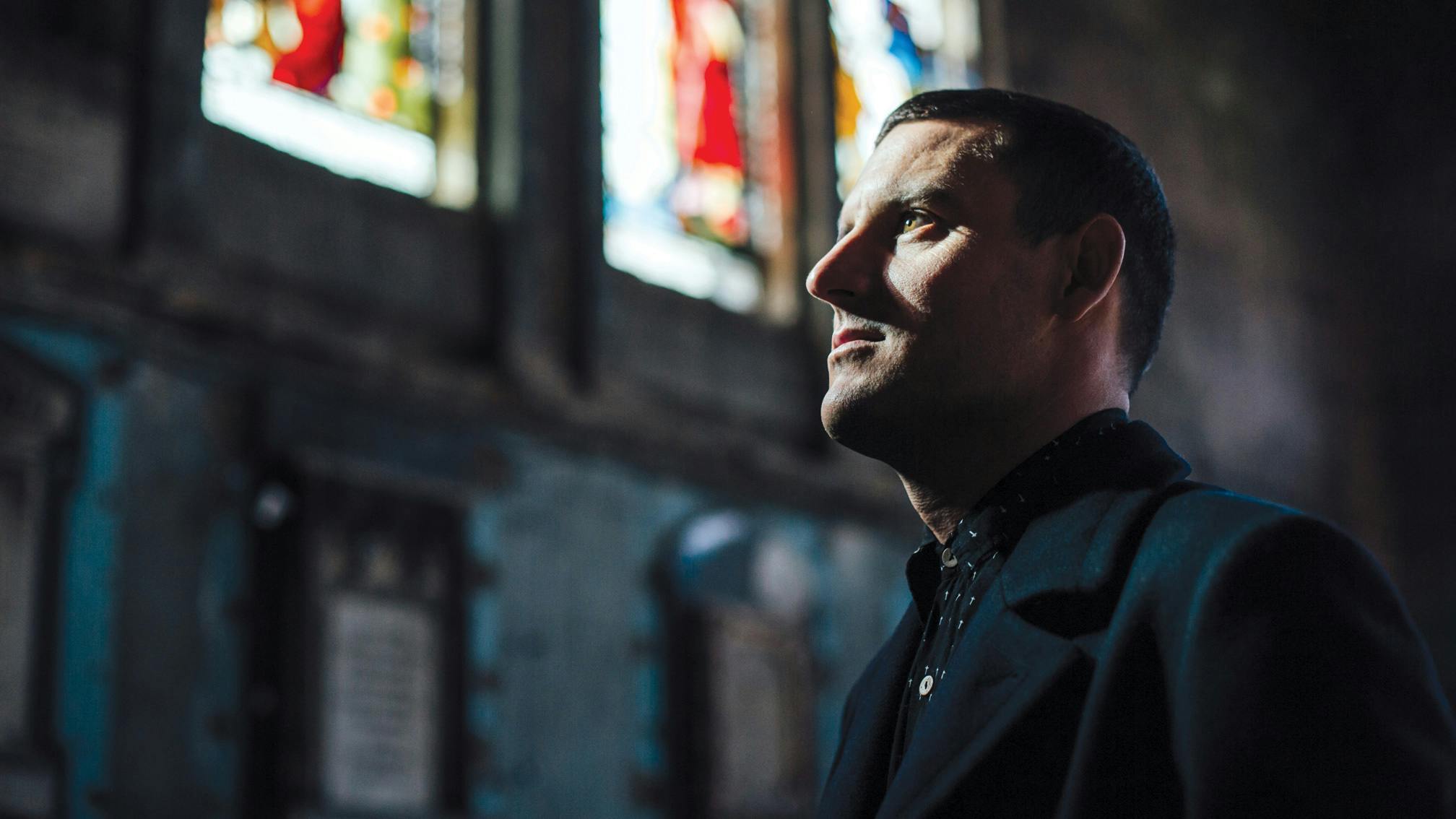Once you started touring with Parkway you never really stopped. What have you learned from touring over the years, from the sheer number of people you meet?
“About people? I’ve learned that it’s a big old world, and there’s a lot of ‘em! I’ve seen the best and the worst of people. There are some really awesome people and there are some who you could classify as evil – you see all the different faces of humanity. Coming from a small town, you only know certain faces. Travelling the world, you see the catalogue.”
What would you deem as ‘evil’ in people?
“I’ve met people who would do things that are so far off your moral compass that you really can’t comprehend. If you have any sense of morality, when you see it you think, ‘What the fuck is going on?’ So yeah, I’ve seen some shit. But, what I’ve learned about people is that while everyone is so, so different, you start seeing the threads we all share; the commonalities. Because music is an expression that resonates with people, all of a sudden you’re in a room full of those people and you see their similarities. It’s really crazy when you start seeing that on a worldwide scale.”
Do you think there are people so bad in the world that they’re beyond redemption?
“Yes. One hundred per cent. I don’t necessarily believe in evil as a concept being ‘out there’, but I believe in my sense of morality, and in being a good person and wanting to see people not feel pain. There are people out there for whom that concept doesn’t click. Who will, given the chance, inflict pain with no regard. Some people will do it to as many people as possible. Some people will do it because inflicting pain is what makes them feel… whatever. It comes down to whether or not you believe that everyone has the right to feel safe and exist and be happy without another person coming in and taking that right away. Once you start inflicting your beliefs and your feelings on other people in a way that they don’t want, against their will, that’s when you start crossing lines.”
On the flip side, what characterises good people to you? Courage, integrity, keeping your word?
“All of those things, and love. Love is what characterises good people; feeling the need to enrich other people’s lives, and to feel for someone else, and make their life richer through your presence – to give to someone else, selflessly. I think that is goodness. And it’s not a massive thing, but it makes massive differences. That’s what love is. When you find something and you’re willing to sacrifice something about yourself to give to that, or someone that you’re willing to sacrifice part of yourself to give to them, to make them whole. That’s what I think good is.”
